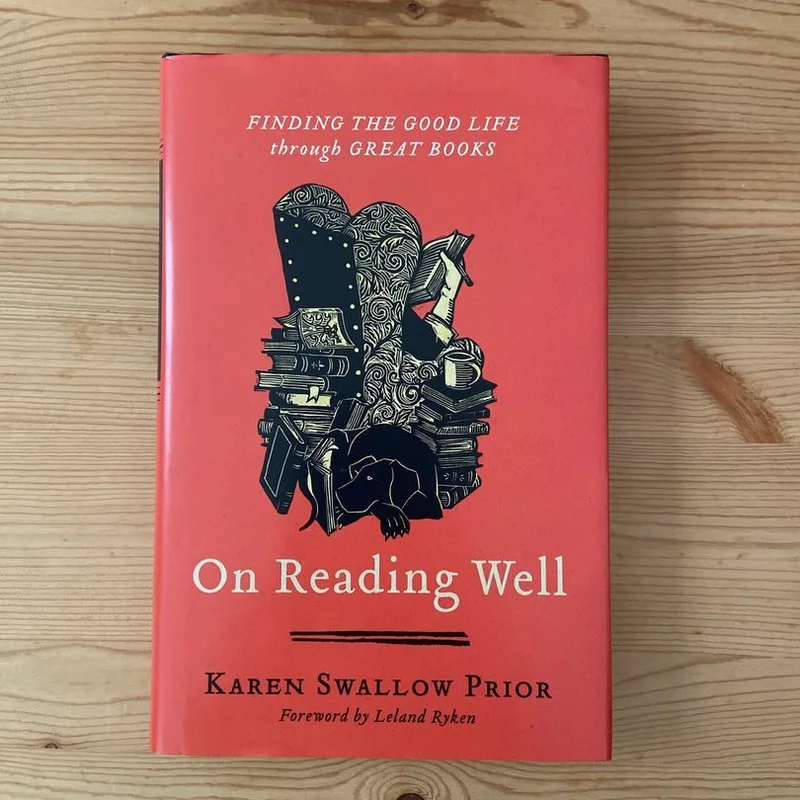The American novelist George R.R. Martin, author of a series of fantasy novels “A Song of Ice and Fire”, more recently adapted into the popular Game of Thrones TV series, has been credited with stating the following: (Disclaimer: I have never read the books or seen the HBO series.)
A reader lives a thousand lives before he dies . . . The man who never reads lives only one.
In my retirement I have reacquainted myself with the activity of reading. In the last couple years, I have read almost 100 books, which very likely equates to over 300 cups of coffee. One of the “genres” I have pursued with a newfound interest are what we tend to call the Classics; literary novels written through a lens of fiction. Examples of ones that I have recently spent time with would include Scarlett Letter, Moby Dick, The Brothers Karamazov, and The Sun Also Rises to name a few. I have also pursued many modern fiction titles such as Where the Crawdads Sing and A man Called Otto. After years of reading books focused primarily on technical and science subjects, I began to consider trying some fiction. In the early steps of my journey a friend recommended a book that I read and my approach to reading fiction was changed. The book, On Reading Well by Karen Swallow Prior, probably falls into a genre of literary criticism; however, please don’t let me turn you away because of that term. Allow me to share a couple reasons why I found this book very motivating and encouraging. I will bring us back to Martin’s quote along the way.
I found Prior’s book to be an excellent introduction for one to approach classical literature as an opportunity to “examine” moral and ethical dimensions of life. In Aristotle’s Poetic he associates good literature as that which “satisfies the moral sense.” Prior’s book allows us the opportunity to examine, through a list of 12 of the most agreed upon central virtues, a cross section of some of these literary classics. From her list she devotes a chapter to each virtue, and a novel that she recommends corresponding to the chosen virtue.
Moral philosopher Martha Nussbaum has written, “We have never lived enough. Our experience is, without fiction, too confined and too parochial.” She goes on to suggest to us that literature can extend our experience. I have come to find this very true in my life. What I have learned through my reading of fiction, is that I am able to place myself in many situations I never experience in my life, and “practice” or “evaluate” how I may respond without once ruining a relationship or finding myself regretting a response. The “classics” also allow me to visit a time in the past and affords me an opportunity to consider how past actions may have set into motion outcomes experienced even in our time. Recently while reading Russian novelist Fyodor Dostoevsky’s “The Brothers Karamazov”, I realized that many so called social and moral issues we believe unique to our times have existed down through humanity.
To say that Prior’s book has motivated me to read more classics would be limiting in defining its impact. Her book has truly guided me towards reading better; more precisely, reading well. I encourage you to spend some time in her book. Do not rush through the pages, but instead, slow down, reflect on what she shares, and find yourself reading well also.
